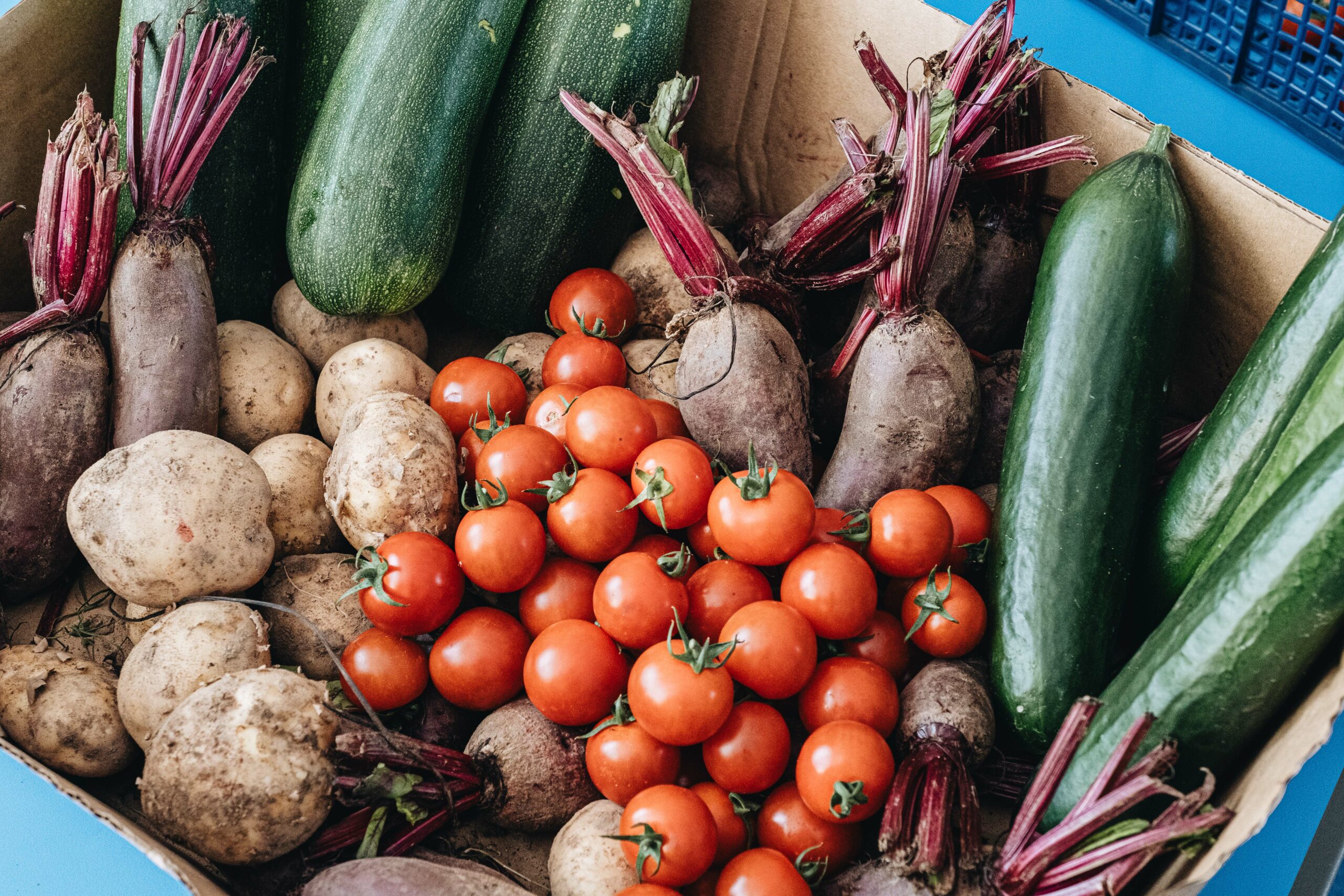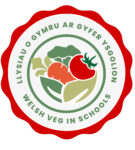Welsh Veg in Schools
Welsh Veg in Schools is a pilot project co-ordinated by Food Sense Wales that aims to get more organically produced Welsh veg into primary school meals across Wales.
Working with partners that include Castell Howell, Farming Connect Horticulture as well as a host of enthusiastic growers, the Welsh Veg in Schools project is helping to get more locally produced organic vegetables into school lunches.
By leveraging the market opportunity that the Welsh Government’s Universal Free school meal policy creates, and by supporting public bodies to meet their statutory requirements, Welsh Veg in Schools is catalysing organic veg production in Wales and building resilience for the future. This work is crucial if public bodies are serious about meeting their obligations under the Well-being of Future Generations (Wales) Act whilst supporting local communities and building resilience against future shocks and climate change.
Food Sense Wales first started exploring the procurement of locally produced veg with the ‘Courgette Pilot’ – a pilot project that involved one grower and one wholesaler and delivered nearly one tonne of courgettes into primary schools in Cardiff during Food and Fun in the summer of 2022.
In 2023, with support from the Welsh Government’s Backing Local Firms Fund, Welsh Veg in Schools launched its first phase, working with three growers across Cardiff, Carmarthenshire, and Monmouthshire, supported by local Food Partnerships.
Recognising that Welsh organic vegetables are more expensive than veg that’s conventionally grown, the pilot has covered the price gap between local, organic produce and standard prices. In Spring 2024, Food Sense Wales received additional funding from the Bridging the Gap programme to scale the project and expand its reach across the public sector.
What began as a small pilot project has since grown into a movement and in 2024, Welsh Veg in Schools served 200,000 portions of fresh, organic veg in more than 200 schools across Wales.
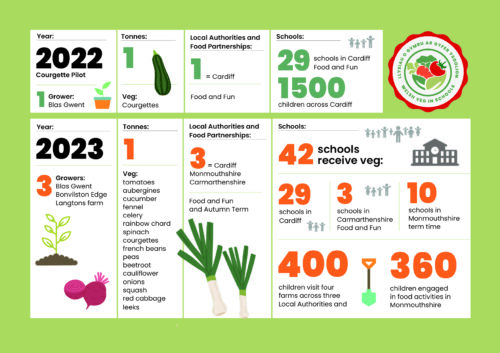
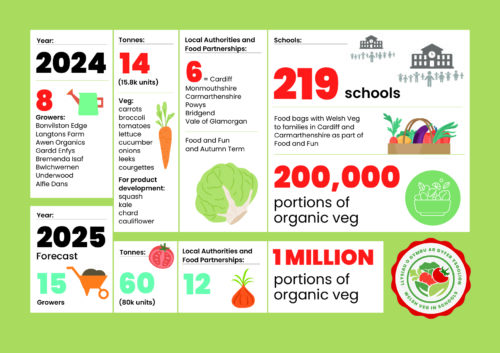
In April 2025, Food Sense Wales published a series of reports noting the project’s achievements. You can read the various reports by clicking on the relevant links below:
Welsh Veg in Schools: Summary Report
Welsh Veg in Schools: Full Report
The Story of Welsh Veg in Schools
Appendices
You can learn more about Welsh Veg in Schools by reading the latest press release here. You can also read our recently published leaflets:
General information
Information for farmers and growers
Letter for Headteachers of schools taking part
Poster challenge
Communications pack for schools taking part
You can also watch a video that explains more below:
Podcast
Join pupils from Ysgol y Dderi in Ceredigion as they talk about the Welsh Veg in Schools project. Having joined the initiative in 2024, the children explain how they got involved and talk to key members of the project about the work that they do. There may be a few veg jokes thrown in for fun too!
Educational Resources
Here a list of websites and organisations that have produced educational resources that schools may find useful when discussing growing, cooking and eating vegetables.
- Veg Power
- Veg Power – Growing to Love
- LEAF
- Keep Wales Tidy
- RHS
- Garden Organic
- Social Farms & Gardens
- Edible Playgrounds
Meet the Growers
We’re really fortunate to be working with some fantastic growers on our Welsh Veg in Schools project. Here’s some more information on some of the producers taking part.
Bonvilston Edge:
Emma and Geraint used to work in business and technology and started to grow vegetables during the Covid pandemic. It started as a hobby but as they began to take more notice of where food comes from – apples from France, tomatoes from Spain, courgettes from Chile etc – they also started to think about the carbon footprint and quality of the produce. They initially decided to start an allotment but couldn’t find one nearby. Having discussed with a local landowner who said that he had 9 acres and couldn’t separate the field they took a leap of faith; bought the field and left their jobs to start to grow fruit and vegetables. The decided to call the business BonvilstonEdge because as well as being on the edge of Bonvilston, they also felt that they were edging it as they didn’t know too much about growing produce commercially. The business has since evolved with 70 apple and pear trees, 80 cherry trees and 4 bee hives. They also grow a wide range of vegetables and are starting to specialise in onions, courgettes, butternut squash and cauliflower.
They supply locally, and grow sustainably and organically, and have a plan to be organically certified in two years.
“We are excited to be growing veg for schools because it’s important that children have nutritious food and know where it comes from. Healthy food, healthy children, healthy Wales.” Geraint Evans
For further information you can visit the the BonvilstonEdge website or find them on Facebook and Instagram. You can also watch this video that tells you more about Emma and Geraint’s story.
Bremenda Isaf:
Bremenda Isaf is a 100-acre lowland farm in the village of Llanarthne nestled in the heart of the Tywi valley. It belongs to Carmarthenshire County Council. and this public land is now being used as a trial location for an exciting initiative to grow fresh, high-quality and affordable fruit and vegetables for the public plate – schools, care homes and cafés. Crops range from cucumbers to carrots and from brussel sprouts to pumpkins. The farm is part of an initiative called the Food Systems Development Project that’s delivered by the Bwyd Sir Gâr Food partnership and looks at how to produce, sell, promote and eat local and sustainable food in Carmarthenshire. Piers Lunt is the Head Grower at Bremenda Isaf and Simon Frayne is the Assistant Grower.
For further information you can visit the Bwyd Sir Gâr Food website or find the food partnership on X or Facebook.
Gardd Enfys:
Ruth Davies of Coedmor Home Farm is running our horticultural business in conjunction with Gardd Enfys, a community garden that they’ve set up on their land.
They grow vegetables, herbs, and a variety of cereal crops including oats, barley, flax and this year, are trying Amaranthus. Coedmor is also a mixed farm with grassland down to herbal leys for their sheep, pedigree Hereford Cattle, donkeys, goats and Alpaca.
Ruth runs a variety of educational workshops and links with local schools, carer support groups. Activities include re-skilling people in traditional sustainable growing, preserving and relearning old skills like willow making, flax to linen production, preserving and pickling seasonal produce.
Holden Dairy Farm:
Bwlchwernen Fawr is the home of Holden Farm Dairy, makers of Hafod cheese. Its 300 acre organic farm is situated on a beautiful hill between the Cambrian Mountains and the coast in Ceredigion, West Wales. They’re developing the farm as an educational platform and offer facilities for farm visits, including accommodation as well as selling cheese and organic meat. This year, they’re also growing carrots specifically for the Welsh Veg in Schools project.
Langtons Farm:
Langtons Farm is run by Katherine and David Langton who supply local Organic veg boxes to the east side of the Bannau Brycheiniog from their market garden in Crickhowell. They have recently expanded their Organic vegetable production to also include their farm near Cardigan which will grow many fruits and vegetables for their veg boxes, wholesale, and to supply into Welsh schools.
“I’m really excited to be part of the Welsh veg into schools project, it means that great food is getting to those who need it most, our future generations. I hope we can inspire them to not only be passionate about eating healthy, environmentally conscious food, but to also be the future farmers and growers who will feed us all in return.” Katherine Langton
For further information you can visit the Langtons Farm website or find them on Facebook and Instagram.
Underwood Farm
Underwood Farm is run by Kate & Calum and employs two additional members of staff. Situated in the Pembrokeshire national park, the farm grows a diverse range of mixed vegetables which it sells to local restaurants, cafes and shops, specialising in mixed leaves. The farm also runs a box scheme to households in the area.
“We are thrilled to be a part of this project to bring welsh veg onto plates in welsh schools. It gives a real value and meaning to the efforts put into farming these crops to know they will feed children a nutritious healthy meal. It’s especially rewarding to be working alongside other welsh farms to produce and supply a mix of different vegetables that can be grown in Wales.” Kate
For further information you can visit the Underwood Farm’s website or find them on Facebook and Instagram.
More about the partners
Food Sense Wales
Food Sense Wales is co-ordinating the Welsh Veg in Schools project. Founded in 2018, Food Sense Wales was established to drive forward a cross-sector approach to the food system in Wales. Food Sense Wales works with communities, organisations, policymakers and Government across Wales to create a food and farming system that is good for people and good for the planet. Food Sense Wales aims to influence and impact on how food is produced and consumed in Wales, ensuring that sustainable food, farming and fisheries are at the heart of a just, connected and prosperous food system.
Castell Howell
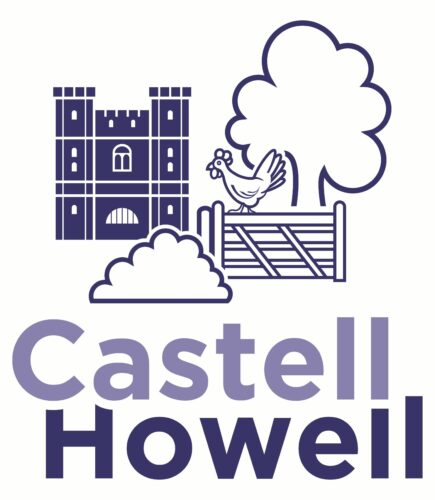 Castell Howell is one of the largest independent food wholesalers in the UK. Based in Carmarthenshire the company’s roots are firmly planted in the rural economy and it values the importance of supply chain collaboration and working with partners on innovative projects that will have a longer term legacy on the supply of food to public and private sector caterers.
Castell Howell is one of the largest independent food wholesalers in the UK. Based in Carmarthenshire the company’s roots are firmly planted in the rural economy and it values the importance of supply chain collaboration and working with partners on innovative projects that will have a longer term legacy on the supply of food to public and private sector caterers.
Farming Connect Horticulture
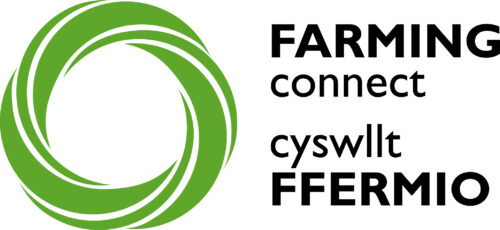
Farming Connect Horticulture, is run by Lantra Wales and has helped the project by pulling together a network of small commercial, organic veg growers, buyers and local authorities, who have been eager to help make a positive impact on the public procurement processes in Wales.
Farming Connect Horticulture has provided a proactive and supportive role to the Welsh Veg in Schools project, by bridging the gaps in the supply chain. We have created a standard; a simplified assurance process, which empowers growers to supply safe, wholesome fresh food in 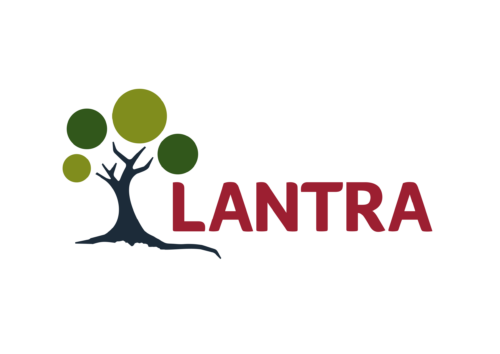
the knowledge that they are meeting regulations and standards that are expected from public procurement and other purchasers.
The work has helped give the buyers (wholesalers) and local authorities confidence in the growers and their produce and helps them to maintain standards for their audits too.
Sustainable Food Places and Local Food Partnerships
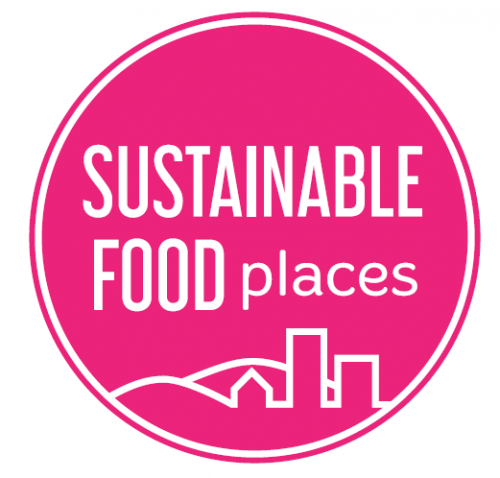
Food partnerships bring together partners from a range of different sectors to help tackle a range of social, economic and environmental issues as they strive to ensure good food for all. Partners usually include public bodies such as Health Boards and Local Authorities as well as other dedicated stakeholders such as voluntary organisations, charities, food business, retailers, wholesalers, growers and farmers.
Local Food Partnerships are supporting the development of the Welsh Veg in School project, using their local knowledge to bring key stakeholders together. The Food Partnership co-ordinators have the local knowledge and connections to be able to recruit new growers to the scheme as well as being key in terms of making connections with schools; working with local Food and Fun teams etc. The co-ordinators help support additional, related activities too, such as farm visit and helping with the project evaluation.
Local Authorities taking part in 2025
- Bridgend County Borough Council
- Cardiff Council
- Carmarthenshire County Council
- Ceredigion County Council
- Conwy County Borough Council
- Gwynedd Council
- Monmouthshire County Council
- Pembrokeshire County Council
- Powys County Council
- Rhondda Cynon Taf County Borough Council
- Swansea Council
- Torfaen County Borough Council
- Vale of Glamorgan Council
More about the project funders
Bridging The Gap
 Welsh Veg in Schools has received funding from Bridging the Gap – a programme led by Sustain, Growing Communities and Alexandra Rose Charity.
Welsh Veg in Schools has received funding from Bridging the Gap – a programme led by Sustain, Growing Communities and Alexandra Rose Charity.
Food that is good for people and the planet, benefits communities and supports decent livelihoods is currently more expensive than food that is bad for health and produced in ways that damage the planet. We want to change that by bridging the gap between communities experiencing low incomes and health inequalities, with affordable and planet-friendly food that enables everyone to enjoy a universally healthy, just and sustainable food system.
Bridging the Gap is exploring the most effective financial mechanisms that can create access to agroecological/organic food for people on low incomes. The programme is delivering a series of pilot projects across the UK that demonstrate the policies and financial mechanisms that would bridge the gap. The pilot interventions will be focussed on low income communities in urban areas and on the supply, purchase, and retail of organic or agroecological fruit and veg. Welsh Veg in Schools is one of those pilot projects.
You can read more here.
Welsh Government Backing Local Firms Fund
 Welsh Veg in Schools is also being supported by the Welsh Government’s Backing Local Firms Fund. The Backing Local Firms Fund will support businesses in parts of our local everyday economy, also known as the Foundational Economy, to deliver more of the products and services required by the public sector, helping to create more and better jobs closer to home. One of the fund’s aims is to increase the amount of Welsh food served on public plates. This is being done by assisting local food producers and suppliers to attain accreditations required to access public sector supply chains. Read more here.
Welsh Veg in Schools is also being supported by the Welsh Government’s Backing Local Firms Fund. The Backing Local Firms Fund will support businesses in parts of our local everyday economy, also known as the Foundational Economy, to deliver more of the products and services required by the public sector, helping to create more and better jobs closer to home. One of the fund’s aims is to increase the amount of Welsh food served on public plates. This is being done by assisting local food producers and suppliers to attain accreditations required to access public sector supply chains. Read more here.
Shared Prosperity Funding via Monmouthshire County Council
![]() Welsh Veg in Schools has been supported by the Monmouthshire Food Partnership and the UK Government’s Shared Prosperity Fund administered by Monmouthshire County Council.
Welsh Veg in Schools has been supported by the Monmouthshire Food Partnership and the UK Government’s Shared Prosperity Fund administered by Monmouthshire County Council.

